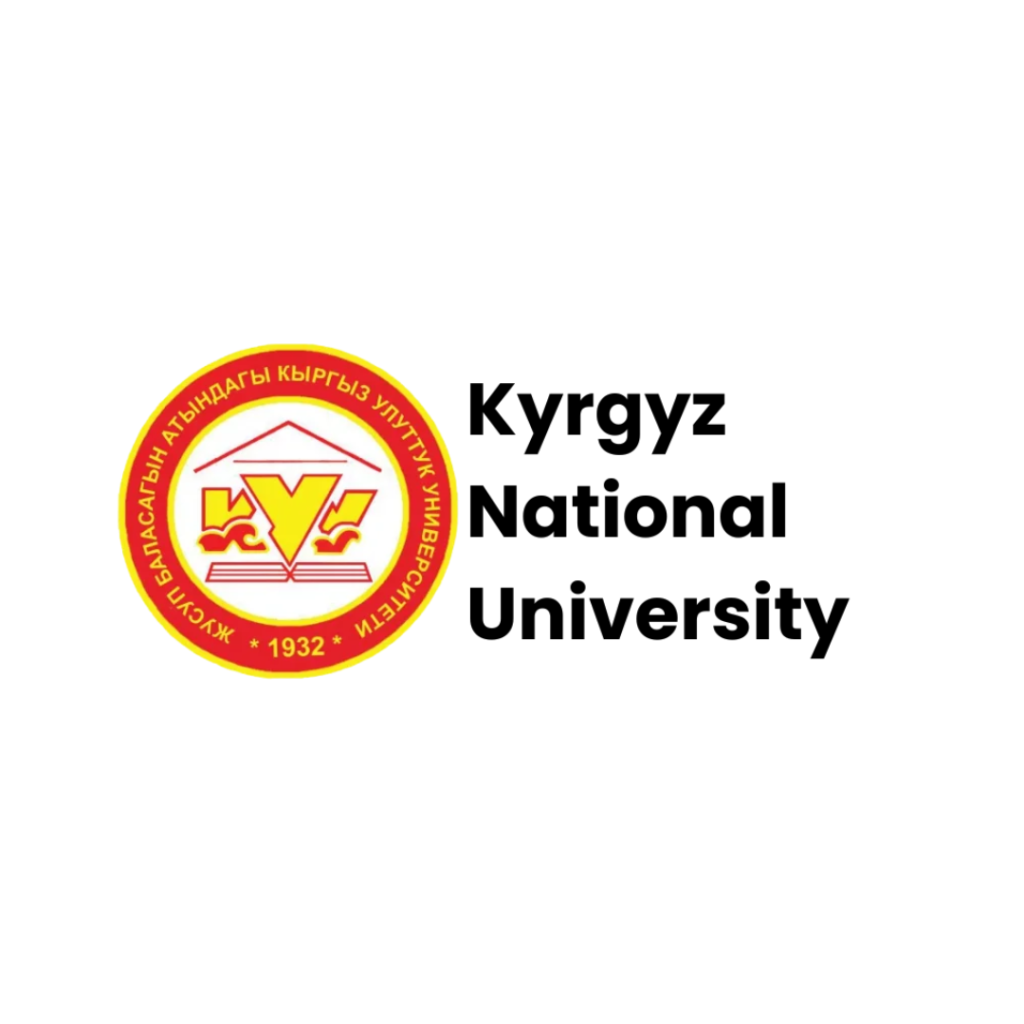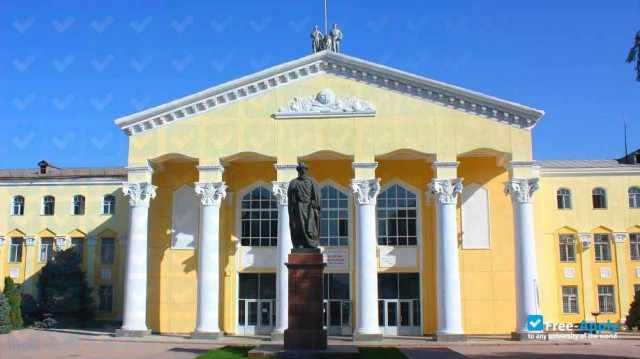
As Central Asia continues to evolve politically, economically, and socially, education stands at the heart of its transformation. Within this context, Kyrgyz National University (KNU) plays a pivotal role not just in Kyrgyzstan, but across the entire region. Founded in 1925, KNU is the oldest and most prestigious higher education institution in the country, and its influence has extended well beyond national borders.
In this guest post, we explore how KNU has contributed—and continues to contribute—to the advancement of education in Central Asia through academic leadership, regional partnerships, cultural diplomacy, and research.

A Historical Anchor for Central Asian Academia
KNU began during the Soviet era with the mission of educating future teachers, administrators, and professionals for the Kyrgyz Republic. Over time, its role expanded. It became one of the Soviet Union’s leading regional universities, attracting students from across the Central Asian republics.
After Kyrgyzstan’s independence in 1991, KNU became an academic anchor for the newly sovereign state. It helped form the intellectual backbone of a young nation, providing legal experts, economists, educators, and public servants to support national development. Many of KNU’s graduates have gone on to serve in neighboring countries as well, contributing to policy-making, education reform, and economic growth.
Today, as Central Asia seeks greater unity and cooperation, KNU continues to act as an educational hub connecting people, ideas, and innovations across the region.
Fostering Regional Integration Through Education
Kyrgyz National University has long served as a regional center for higher education. Through partnerships with institutions in Kazakhstan, Uzbekistan, Tajikistan, and Turkmenistan, KNU promotes academic exchange and collaborative projects. These partnerships are facilitated by regional frameworks such as the Central Asian University Network, as well as through multilateral platforms like the Shanghai Cooperation Organization (SCO) and Commonwealth of Independent States (CIS).
Each year, KNU hosts hundreds of students and researchers from neighboring countries. These individuals are drawn by the university’s diverse academic offerings, bilingual instruction (primarily Kyrgyz and Russian), and international openness. As a result, KNU helps shape a new generation of Central Asian leaders who are not only academically strong but regionally aware.
In addition, conferences, forums, and seminars hosted at KNU serve as regional think tanks, where policy-makers, scholars, and educators discuss common challenges like education reform, economic resilience, climate change, and interethnic harmony.

Advancing Research for Regional Challenges
Another way KNU drives educational development in Central Asia is through research. Its academic departments and scientific institutes work on issues that are crucial not only for Kyrgyzstan but for the broader region. These include:
- Water management and sustainability in the Tien Shan and Pamir mountain systems
- Seismic activity and natural disaster preparedness
- Regional economic development and integration
- Linguistic and cultural preservation of Turkic and Persian-speaking peoples
- Public health and rural education systems
KNU researchers often collaborate with regional institutions to conduct joint studies, share data, and publish comparative findings. These collaborative efforts help generate knowledge that is uniquely suited to Central Asia’s specific needs—something that external institutions cannot easily replicate.
Through its academic journals and open-access publications, KNU helps distribute research findings across borders, ensuring that regional knowledge is accessible and applicable.
Building Human Capital in a Young Region
Central Asia is one of the world’s youngest regions demographically, with a high proportion of youth. This creates both a tremendous opportunity and a pressing challenge: how to equip young people with the skills, knowledge, and mindset necessary for a changing world.
KNU addresses this challenge by providing accessible, affordable, and quality education. Its wide range of programs—from engineering and information technology to political science and education—prepare students for leadership roles across sectors.
Moreover, KNU is committed to inclusive education, offering scholarships to students from rural areas and underrepresented backgrounds. By nurturing talent across all segments of society, KNU contributes to building a more equitable and dynamic regional workforce.
Cultural and Intellectual Diplomacy
Education is not just about degrees; it’s about dialogue. KNU’s multicultural environment—where Kyrgyz, Russian, Uzbek, Tajik, and international students study side by side—fosters cross-cultural understanding.
Through literature festivals, language competitions, cultural days, and history forums, KNU creates a shared intellectual space that bridges ethnic, national, and linguistic divides. In this way, the university acts as a vehicle for cultural diplomacy, promoting peace and collaboration across Central Asia.
KNU also houses one of the most comprehensive libraries and archives on Kyrgyz and Central Asian history, politics, and languages. It serves as a knowledge repository for scholars researching the region and encourages academic storytelling about Central Asia from Central Asian voices.
Internationalization and Global Partnerships
While rooted in Central Asia, KNU has a global orientation. It has built partnerships with universities in Turkey, China, Germany, South Korea, and more. Many of these collaborations are oriented toward shared challenges relevant to Central Asia—such as mountainous agriculture, infrastructure development, or language preservation.
These global ties bring new technologies, educational standards, and innovations into the region. They also allow Central Asian students to access global perspectives while remaining close to their cultural roots.
The Erasmus+ Program, DAAD (German Academic Exchange), and Confucius Institute all have active partnerships with KNU, demonstrating the university’s role as a gateway between Central Asia and the world.
Conclusion
Kyrgyz National University is more than a national institution—it’s a regional leader in higher education, research, and academic collaboration. Through its long-standing commitment to educational excellence, inclusivity, and cross-border engagement, KNU is helping to shape the future of Central Asia.
As the region navigates the complexities of development, integration, and globalization, KNU remains a key player in driving innovation, empowering youth, and fostering unity through knowledge.
In 2025 and beyond, KNU’s influence is only set to grow, making it not just a pillar of Kyrgyz education, but a vital force for regional progress in Central Asia.








